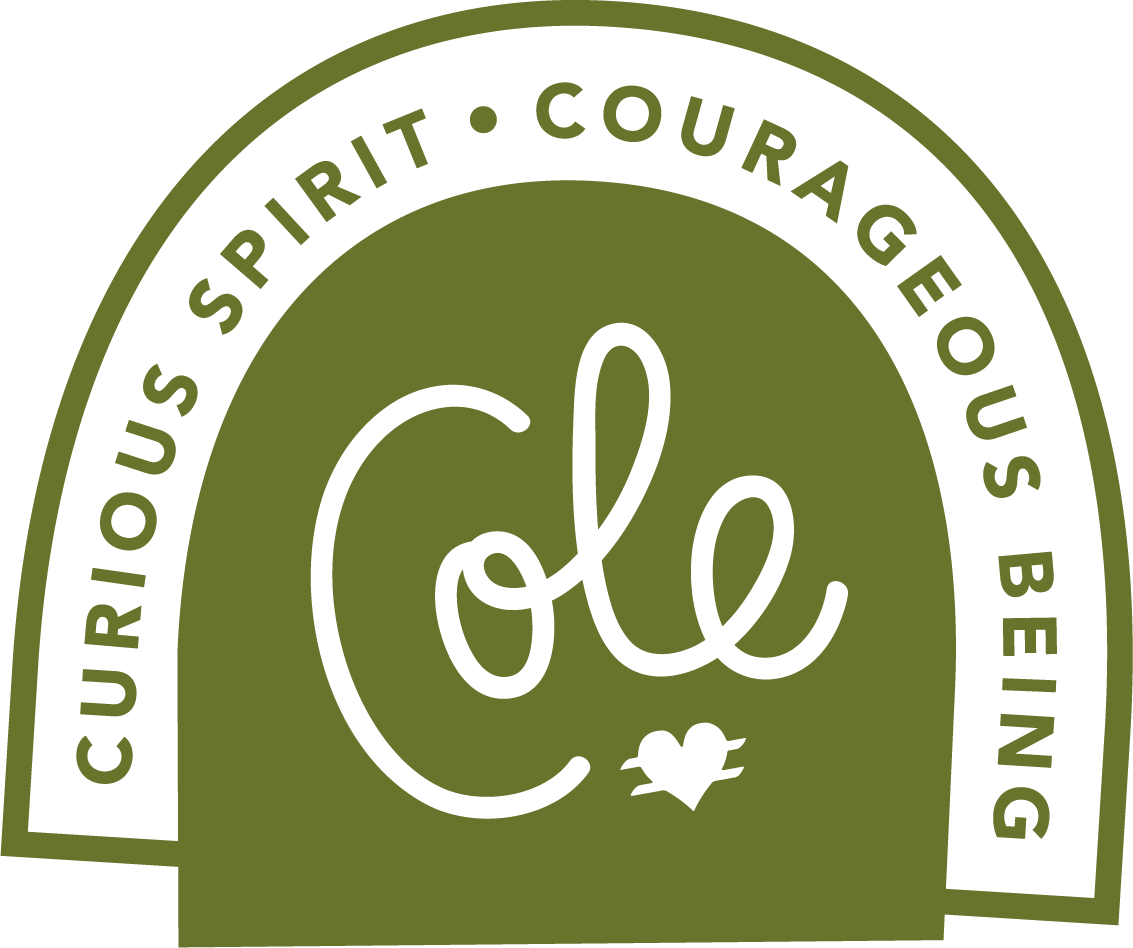Frequently Asked Questions
I AM CURRENTLY WORKING AS A (YOUR JOB HERE) BUT WANT TO WORK IN DEATH/DYING...HOW SHOULD I GO ABOUT DOING THIS?
First, don't undervalue your current experience! When people make the move into careers in death and dying, they often find that the experiences attached to their professional backgrounds become valuable additions in surprising ways. Attend an industry conference and you will find that a large portion of death/dying professionals started out in other walks of life. So, don't let that discourage you. You haven't wasted any time or energy, I promise.
Second, as a first step (and I'm generally speaking), I recommend shadowing someone in your community. Maybe you want to be a funeral director, but you are friends with a hospice coordinator...set up a day to shadow your friend in hospice! Do what you can with what you have. Places to reach out to for shadowing: hospice organizations, hospitals (palliative care/hospice departments), cemeteries, funeral homes, crematories (human and animal).
Third, consider pursuing a professional certification. There are many certification programs out there attached to different areas of focus. A certificate is nice becuase it allows you to clearly show experience and education in an area on your resume (which makes it easy on potential employers to understand). They are also less of a time and cost investment than going back to school for an additional degree. Another benefit of certifications is that you go through them with a cohort of individuals in the same boat you are...those connections become invaluable! Take a peek at my certification programs, one is in Thanatology and the other is in Death Companioning. See the Certifications page in the menu bar.
I WANT TO WORK IN DEATH/DYING BECAUSE OF A LOSS I PERSONALLY EXPERIENCED.
Nothing educates you about death/dying quite like a personally experienced loss, right? It change your worldview, and how you interact with others.
Many people decide to make the jump into careers in end of life because of personal experiences they've had. This is a common story I hear across all areas of death/dying work.
If your loss occurred less than a year ago, I generally advise people to wait a full year to enter the field. 18 months is even better. I have seen many people enter the field only to discover that it was actually a way they were avoiding processing their own loss (by focusing on the losses of others). Working in death/dying means you have a responsibility to others, and that means you have to deal with your own stuff first and foremost.
Take care of your own grief and build a relationship with your grief. Grief is a teacher.
WHEN CAN I CALL MYSELF A THANATOLOGIST?
Here's the deal: Ultimately, you can call yourself whatever you want whenever you want. No one will stop you.
In my view, a thanatologist has both education and experience.
You may be someone who has read a lot of material about death and dying—and you're EXCITED about it. That's great. But, it's problematic to call yourself a thanatologist without any applied death and dying experience. Otherwise you are just repeating what you read.
Let me put it this way: would you want to learn from someone who might have read a lot of material and is just repeating it back to you? Or would you rather learn from someone who is well-read AND experienced?
Personally, it was important to me to honor the prolific individuals working within the death and dying space—people with 20, 30 and 40+ years of experience—through putting in the time myself. I didn't start calling myself a thanatologist until I had 10 years in the field AND multiple forms of education.
So, it’s up to you, but please consider the importance of both education and experience. In my view, they are both necessary and you can’t get the most out of one without the other.
I am a student, can I interview you for a school project?
I get many requests for this, and I am grateful for every single one of them. I am not always able to respond or make time for these. I do several each year, though!
